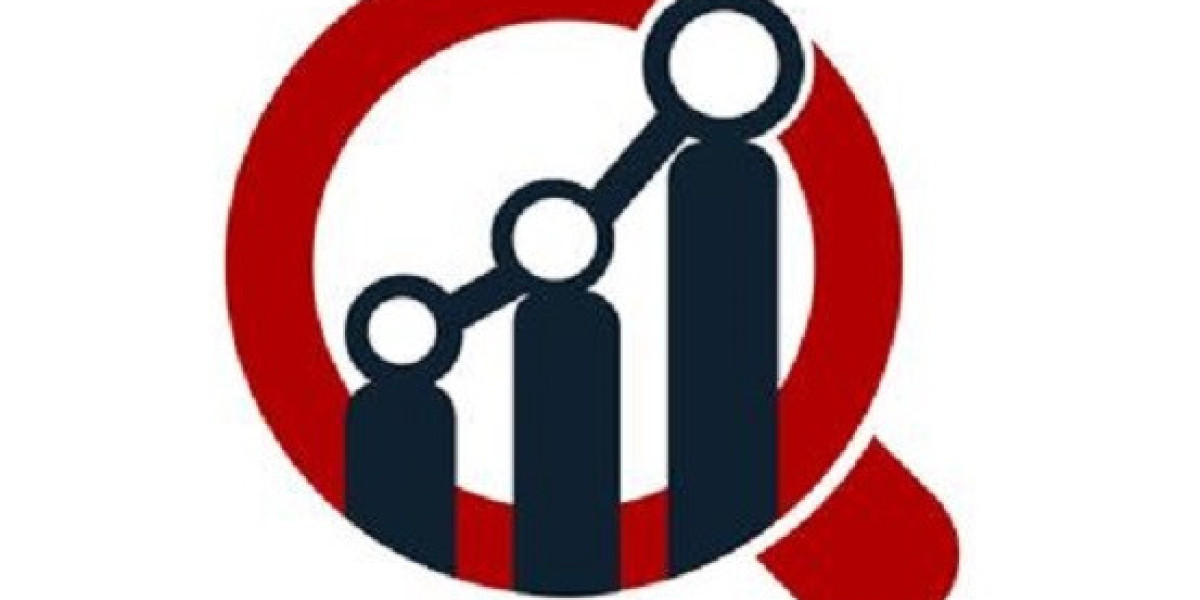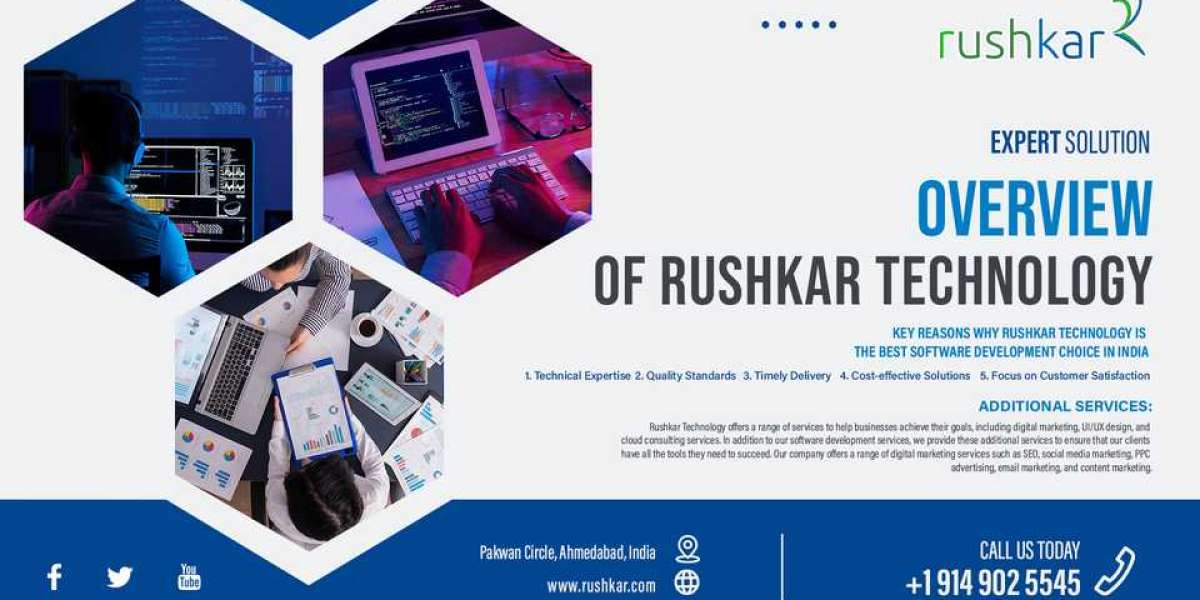Healthcare Enterprise Software Market-Overview
The Healthcare Enterprise Software Market Size was estimated at USD 10.1 billion in 2022, and it is expected to expand from USD 11.56 billion in 2023 to USD 34.16 billion by 2032, with a compound annual growth rate (CAGR) of 14.50% during the forecast period (2023-2032).
The Healthcare Enterprise Software market is witnessing robust growth as healthcare providers adopt advanced solutions to streamline operations and enhance patient care. Enterprise medical software facilitates efficient management of electronic health records, billing, and scheduling, improving workflow and decision-making. With a focus on interoperability and data security, the market continues to expand, driving innovation in healthcare IT solutions
The trend of greater raw data conversion into electronic health records is expected to raise the healthcare enterprise software industry share throughout the forecast period. The increased deployment of innovative products in the healthcare sector, as well as the emphasis on cost reduction, are expected to boost the enterprise software industry's potential over the projection period.
The Healthcare Enterprise Software Market plays a pivotal role in modern healthcare systems, facilitating the efficient management of clinical, administrative, and financial operations across healthcare organizations. These software solutions encompass a broad spectrum of applications, including electronic health records (EHR), practice management systems, revenue cycle management, and patient engagement platforms. They enable healthcare providers to streamline workflows, improve communication, enhance patient care, and optimize revenue cycle processes.
Moreover, with the transition towards value-based care and the increasing emphasis on interoperability and data exchange, healthcare enterprise software is instrumental in enabling seamless information sharing and collaboration among healthcare stakeholders. The market is characterized by a diverse range of vendors, from established healthcare IT companies to innovative startups, offering specialized solutions tailored to meet the unique needs and challenges of healthcare organizations. However, challenges such as data security and privacy concerns, interoperability issues, and implementation complexities persist within the Healthcare Enterprise Software Market. Nevertheless, ongoing technological advancements, regulatory initiatives, and increasing investments in digital health infrastructure continue to drive the growth and innovation within this market, promising to revolutionize the delivery and management of healthcare services in the years to come.
Segmental Analysis
The segments studied to gain a deep understanding of the healthcare enterprise software market are product & services, delivery mode, end-use, and region. The product & services segment of the healthcare enterprise software market consists of customer relationship management (CRM), revenue cycle management (RCM), business intelligence, and enterprise content management. Based on the region, the healthcare enterprise software market comprises of the Americas, the Middle East, Europe, Asia Pacific, and Africa. Based on the delivery mode, the healthcare enterprise software market is segmented into on-premise and cloud-based. Based on the end-user, the healthcare enterprise software market is segmented into healthcare providers and healthcare payers.
Detailed Regional Analysis
The regional scrutiny of the healthcare enterprise software market is focused on regions such as Europe, Asia Pacific, the Middle East, the Americas, and Africa. The Americas healthcare enterprise software market controlled a stake worth 47.4% in the year 2018. The enhanced usage of information technology in hospitals and the requirement for software solutions for handling medical records of patients is likely to motivate the healthcare enterprise software market considerably in the forecast period. The European healthcare enterprise software market controlled the next primary market share driven by the elevated healthcare enterprise software implementation by the exclusive insurance payers. The Asia Pacific healthcare enterprise software market holds the third principal position through the forecast period. The trend of substitution of manual records by electronic ones and understanding about software is estimated to augment the healthcare enterprise software market. The Middle Eastern & African region is projected to observe exceptional growth due to the progress in the healthcare services, among others.
Competitive Analysis
Each manufacturer is estimated to make decisions on a microeconomic level to ensure long-term business growth and continuity in the forecast period. The restructuring of the market's core operations is predicted to impact the market in the approaching period. The market is anticipated to see an improvement in growth cues in the near future. The regained market potential is estimated to aid in the expansion of the global market. The sentiment of hypervigilance in the pandemic's wake is estimated to direct decisions for operation in the market through the forecast period. The decisive policies being created by government bodies around the world are assessed to play a vital role in the advancement of the market on a global scale. The surge in innovative products in the global supply chain is anticipated to open up novel possibilities in the forecast period. The stabilization of output in the market is estimated to be varied. The drastic changes in the global financial intermediation structure due to the COVID-19 pandemic are assessed to change how businesses secure financing in the coming period.
The well-known companies in the healthcare enterprise software market are SAP, CPSI, Meta Inc., Cerner Corporation, Elinext Group, MEDICAL Information Technology Inc., INFOR Inc., Cognizant, EPIC Systems Corporation, Oracle, Jag products LLC, Allscripts Healthcare, LLC, General Electric Company, and Koninklijke Philips NV.
For more information visit at MarketResearchFuture








